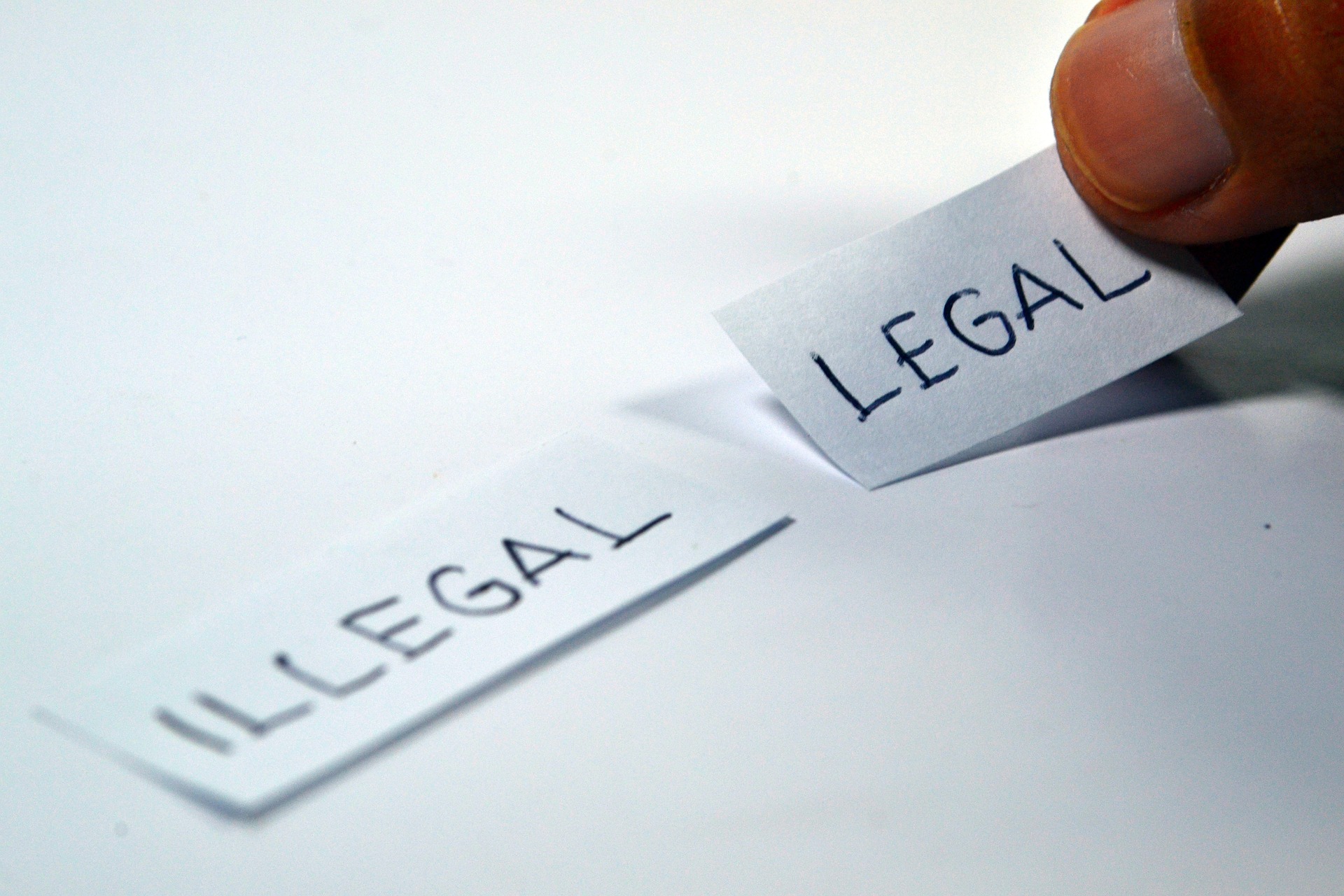Judicial Disqualification: Safeguarding Impartiality in Courts
Introduction: In the realm of justice, the concept of judicial disqualification stands as a crucial safeguard against bias and conflict of interest. This legal mechanism ensures that judges step aside when their impartiality might reasonably be questioned, preserving the integrity of the judicial system and public trust in the courts.

Historical Context of Judicial Disqualification
The concept of judicial disqualification dates back to ancient legal systems. In Roman law, the principle of nemo iudex in causa sua (no one should be a judge in their own case) laid the foundation for modern recusal practices. This principle recognized that a judge’s personal interest in a case could compromise their ability to render an impartial judgment.
In common law systems, the development of judicial disqualification rules was gradual. Early English courts focused primarily on direct financial interests as grounds for disqualification. As legal systems evolved, the scope of disqualification expanded to include other forms of bias and conflict of interest.
Modern Standards for Judicial Disqualification
Today, most jurisdictions have established clear standards for when a judge should be disqualified from a case. These standards typically encompass both actual bias and the appearance of bias. Common grounds for disqualification include:
- Personal or financial interest in the case outcome
- Family or close personal relationships with parties involved
- Prior involvement with the case in a different capacity
- Public statements indicating prejudgment of the issues
The United States, for example, has codified these standards in 28 U.S.C. § 455, which outlines specific circumstances requiring judicial disqualification in federal courts.
Procedural Aspects of Judicial Disqualification
The process of judicial disqualification can vary between jurisdictions but generally follows similar principles. Disqualification can be initiated in two ways:
- Sua sponte: The judge voluntarily recuses themselves upon recognizing a potential conflict.
- Motion for disqualification: A party to the case files a formal request for the judge’s recusal.
When a motion is filed, the challenged judge typically makes the initial decision on whether to step aside. If the judge denies the motion, some jurisdictions allow for an immediate appeal of this decision, while others require waiting until the final judgment to challenge the denial.
Challenges in Implementing Judicial Disqualification
Despite clear standards, the application of judicial disqualification rules can be complex and controversial. One significant challenge is balancing the need for impartiality with the principle of judicial independence. Overly broad disqualification rules could potentially be used as a tool for judge-shopping or to disrupt court proceedings.
Another challenge lies in addressing implicit bias. While explicit conflicts of interest are relatively easy to identify, unconscious biases can be more difficult to recognize and address. This has led to discussions about expanding disqualification standards and implementing bias training for judges.
Impact on the Justice System and Public Trust
Effective judicial disqualification practices play a crucial role in maintaining public confidence in the legal system. When judges appropriately recuse themselves from cases where their impartiality might be questioned, it reinforces the perception of a fair and unbiased judiciary.
However, high-profile cases where judges have failed to recuse themselves despite apparent conflicts have sometimes eroded public trust. These incidents highlight the ongoing need for transparency and accountability in the judicial disqualification process.
Future Directions and Reforms
As legal systems continue to evolve, so too do discussions about reforming judicial disqualification practices. Some proposed reforms include:
- Implementing more rigorous disclosure requirements for judges
- Establishing independent panels to review disqualification decisions
- Expanding disqualification grounds to address modern concerns, such as campaign contributions in judicial elections
These potential reforms aim to strengthen the integrity of the judicial system while adapting to changing societal expectations of impartiality and transparency.
In conclusion, judicial disqualification remains a vital tool in preserving the fairness and integrity of legal proceedings. As courts continue to navigate complex cases and societal changes, the principles underlying judicial disqualification will undoubtedly continue to evolve, shaping the future of judicial ethics and the administration of justice.






